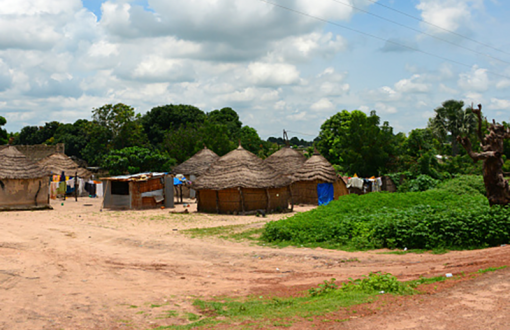Addressing Housing Challenges In Senegal: Innovative Solutions For Real Estate Investment

The issue of housing remains a significant challenge in Senegal, with a growing population and rapid urbanization exacerbating the demand for affordable and sustainable housing solutions. In response to these challenges, innovative approaches are emerging within the real estate sector to address the housing deficit and promote inclusive urban development. Let’s explore the innovative solutions being deployed to tackle the housing challenges in Senegal.
Rising Population And Urbanization:
Senegal’s population is on the rise, driven by factors such as high birth rates and rural-to-urban migration. As a result, cities like Dakar, Thiès, and Touba are experiencing rapid urbanization, leading to increased demand for housing and infrastructure. The urban population is projected to continue growing, placing pressure on the housing market and necessitating innovative solutions to accommodate the needs of urban dwellers.
Government Initiatives And Policy Support:
The Senegalese government has recognized the importance of addressing the housing deficit and promoting affordable housing solutions. Through initiatives such as the Plan for an Emerging Senegal (PSE), the government is prioritizing investments in housing infrastructure and urban development. Additionally, supportive policies and incentives are being implemented to encourage private sector participation in the provision of affordable housing, fostering collaboration between government agencies, developers, and financial institutions.
Public-Private Partnerships (Ppps):
Public-private partnerships (PPPs) have emerged as a key mechanism for addressing housing challenges in Senegal. By leveraging the expertise and resources of both the public and private sectors, PPPs facilitate the development of affordable housing projects and infrastructure upgrades. These partnerships often involve joint investment in housing developments, with the government providing land and regulatory support, while private developers contribute financing and construction expertise.
Innovative Financing Models:
Innovative financing models are being deployed to make homeownership more accessible to low and middle-income households in Senegal. Microfinance institutions, housing cooperatives, and community-based savings schemes are providing affordable financing options for aspiring homeowners. Additionally, initiatives such as rent-to-own schemes and shared-equity arrangements are enabling individuals to gradually build equity in their homes, reducing the upfront financial burden of homeownership.
Green Building And Sustainable Design:
Sustainability is a growing focus within the Senegalese real estate sector, with developers incorporating green building practices and sustainable design principles into their projects. Energy-efficient technologies, renewable energy systems, and eco-friendly building materials are being employed to reduce environmental impact and operational costs. These sustainable practices not only promote environmental conservation but also contribute to the creation of healthier and more livable communities.
Conclusion:
In conclusion, addressing the housing challenges in Senegal requires a multifaceted approach that combines government interventions, private sector investments, and community participation. By leveraging innovative solutions such as public-private partnerships, innovative financing models, and sustainable design practices, stakeholders can work together to provide affordable and inclusive housing solutions for the growing urban population. As Senegal continues to urbanize and develop, it is imperative that housing remains a priority on the national agenda, ensuring that all citizens have access to safe, affordable, and sustainable housing options.





